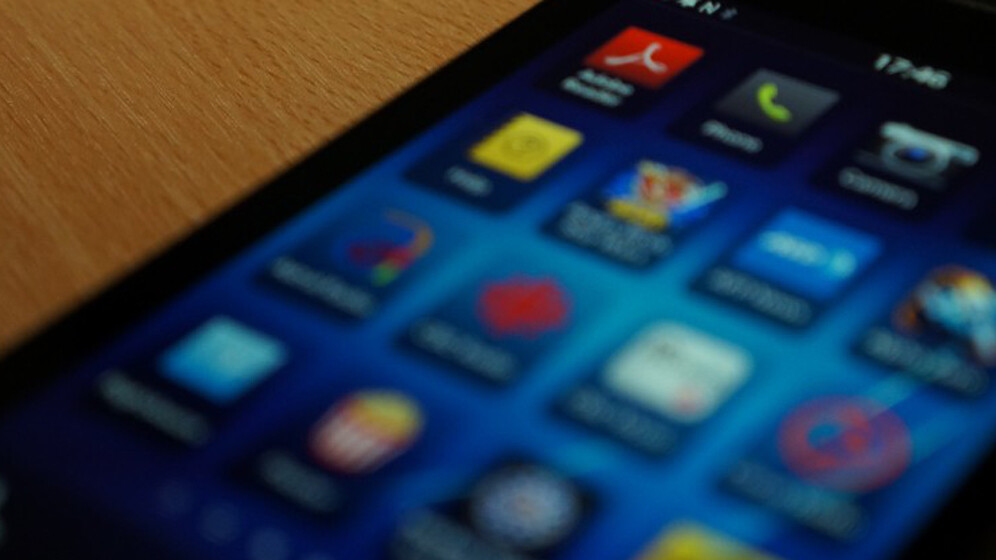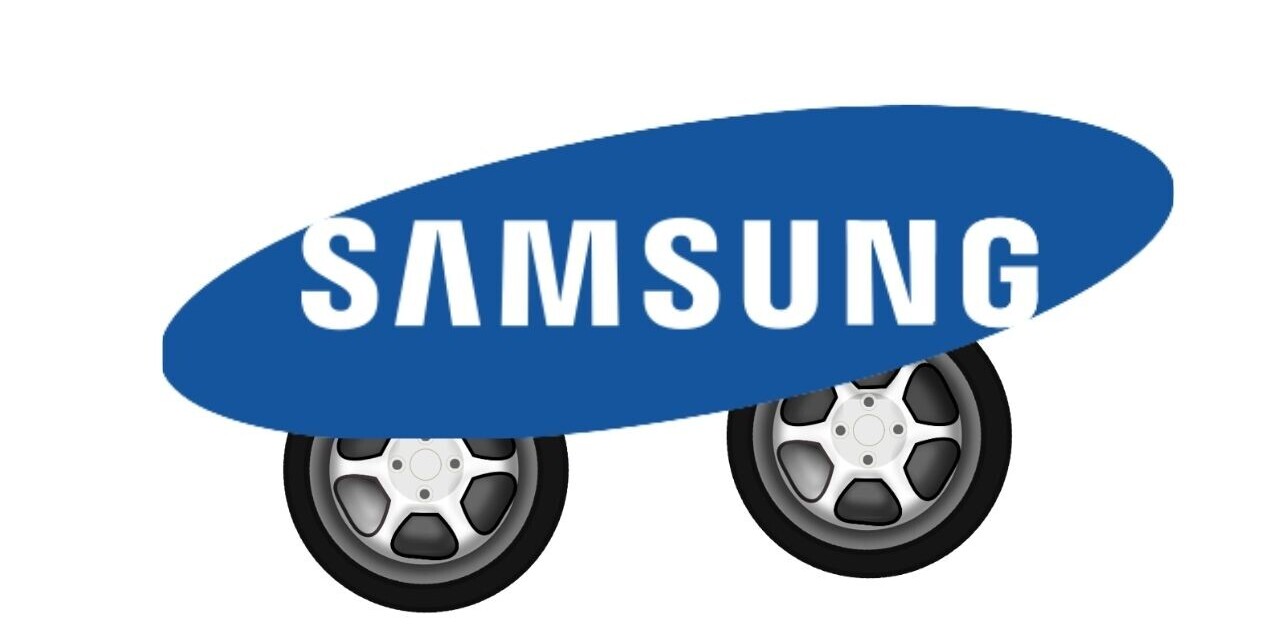
BlackBerry has done the unthinkable, although perhaps also the inevitable: it has confirmed that it’s looking for a buyer or other external partnership to help breathe new life into the company, reverse its recent smartphone market floundering and get BlackBerry 10 out into the hands of as many people as possible.
While the news will come as a shock and disappointment to many (BlackBerry fans, like Android or iOS fans are fiercely protective of their chosen platform), it has been on the cards for a while now, largely as the result of crumbling consumer market share and its failure to respond quickly enough to changes in smartphone trends. As a result, even before the BlackBerry 10 platform was launched at the end of January, the company’s CEO, Thorsten Heins was already stating that the company would potentially be open to licensing its new platform. Not the words of someone with unshakable confidence.
Shock or sadness of BlackBerry fans aside, I think it’s a smart move that could guarantee its survival in the long-term, albeit perhaps not as the company we know today. Of course, there’s no guarantee it would take any deal put on the table, or it could fail to attract any interest whatsoever (although that seems unlikely), but today’s announcement seems to suggest that its days as a standalone handset maker could be numbered.
The long game
Splashing around in the smartphone waters, particularly the consumer end of it, can often be a thankless task for a device maker. Manufacturers pour their best efforts into the products you see on the shelves, but one annoying trait or slightly unrefined and buggy software feature and initial reviews aren’t likely to be positive, which could well translate into disappointing sales.
Even if you get it right, if it’s not ‘different’ or exciting enough, reviewers and tech-fiends won’t care. It might do fine with the mass market, but if you’re not giving customers any sort of aspirational feeling of wanting to move up to a truly ‘wow’ device in the future, there’s a good chance they’ll go elsewhere for their next handset. I’m a perfect example of this demanding consumer, this time last week I said that the smartphone industry needed a ‘disruptive’ figure like Elon Musk to truly make things exciting again. Do I know what exactly that would look like? No, but I’ll stand by what I said.
However, while making exciting smartphones can score you a hit handset and the revenues that follow along with that (you only need to look at recent balance sheets or market share stats for the likes of Apple or Samsung to see how right you can get it), that’s not the only way to exist in the mobile world.
BlackBerry’s remaining strength
Obviously, I have no idea whether BlackBerry will find a buyer for the company, but I’d be surprised if it managed to find one happy to take it on outright. More likely, there will be parties interested in different parts of the company; it will then have to decide whether that seems like the best option for the future. Another celebrity tie-in, such as making Alicia Keys global creative director just isn’t going to cut it, this time.
However, while BlackBerry market share (and the company’s value) has been eroding seemingly endlessly from its peak in 2008, it still has some core strengths that would make it appealing to many people.
First off, likely the most appealing part of the business to many potential suitors is the relative enterprise strength that BlackBerry has. For a long time BlackBerry’s BES (BlackBerry Enterprise Server) platform was viewed as the only safe and secure enterprise-grade communications platform that governments, banks and other businesses could entrust their data to. Now, there are certainly more options available on the market, but BlackBerry has a heritage in this space that few, if any, rival handset makers can offer. And if I know one thing for sure, enterprise loves legacy and heritage.
In addition to BES, BlackBerry also still has its BlackBerry Messenger (BBM) platform being used by millions of people every day. Once it’s available on Android and iOS, which can’t be very far away now as it was promised this “summer”, there will be even more people using it.
Similarly, and like other handset makers, BlackBerry hasn’t been blind to the use of services and software as a way of differentiating its phones. Think about Nokia’s mapping options, now all branded HERE, or how Samsung introduced things like Smart Stay for the Galaxy S3 and then Smart Scroll for the S4.
Now, while BlackBerry doesn’t have anything quite as flashy as that, it does have a perfectly capable mapping solution, a platform that actually works really well for communication (despite app selection still lacking) and a keyboard beloved by many, which, for the record, translated across well to all-touchscreen devices in the BlackBerry 10 range (like the Z10) by having a really pretty smart word prediction and text entry system. Did you know it uses a second ‘virtual keyboard’ underneath the on-screen one you can see to minutely adjust the keys on the second layer in response to where exactly you normally hit each button? Well, it does.
Pundits will likely have seen this day coming; it’s a simple equation – stay relevant or suffer the consequences. But even if BlackBerry does stop acting like a mobile maker in the sense that we know the company today, it could well survive, and even thrive in the future, albeit, as a services company or one that simply licenses out its technology.
Get the TNW newsletter
Get the most important tech news in your inbox each week.







